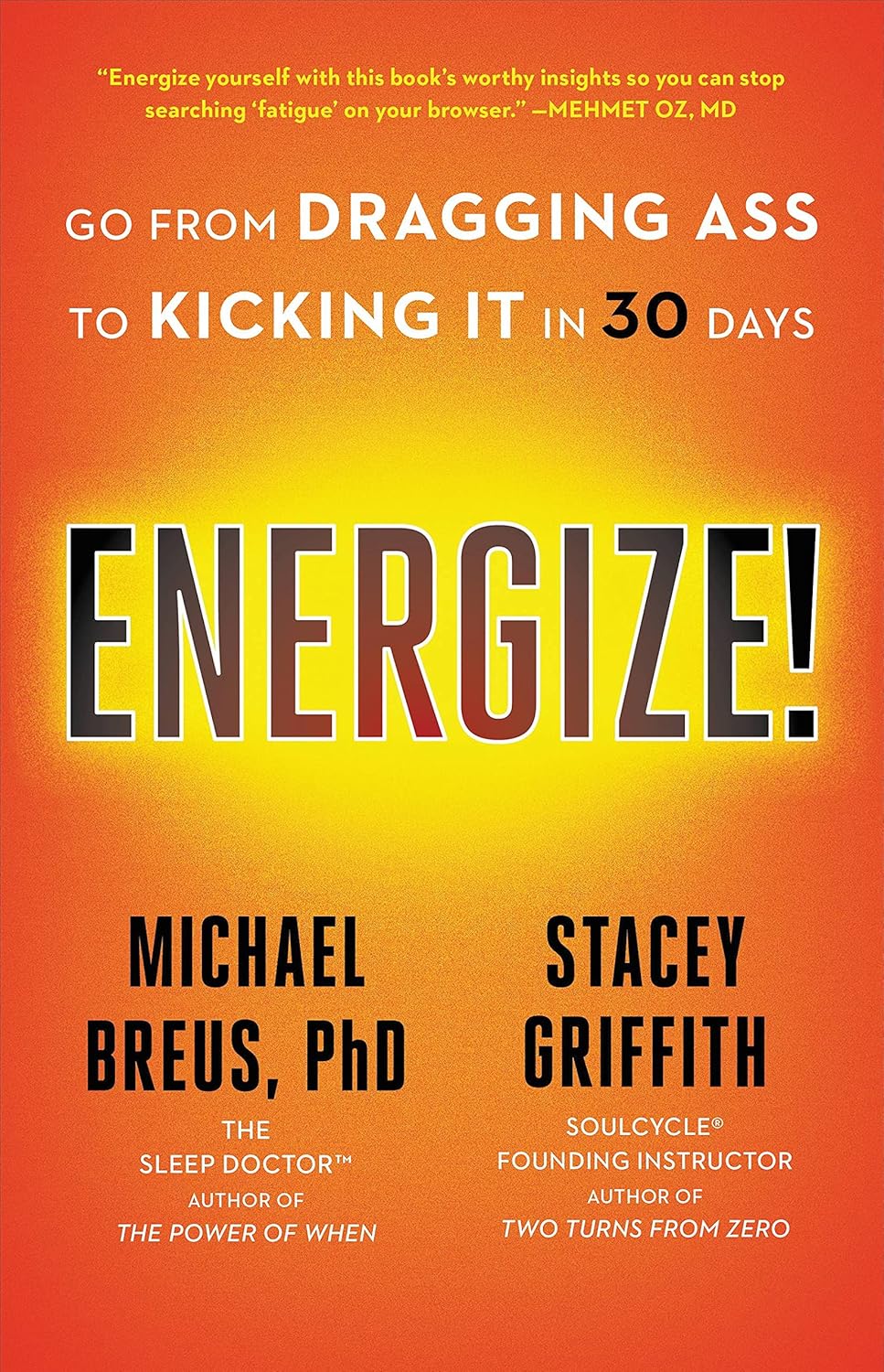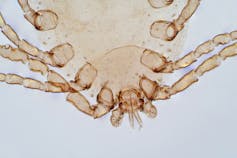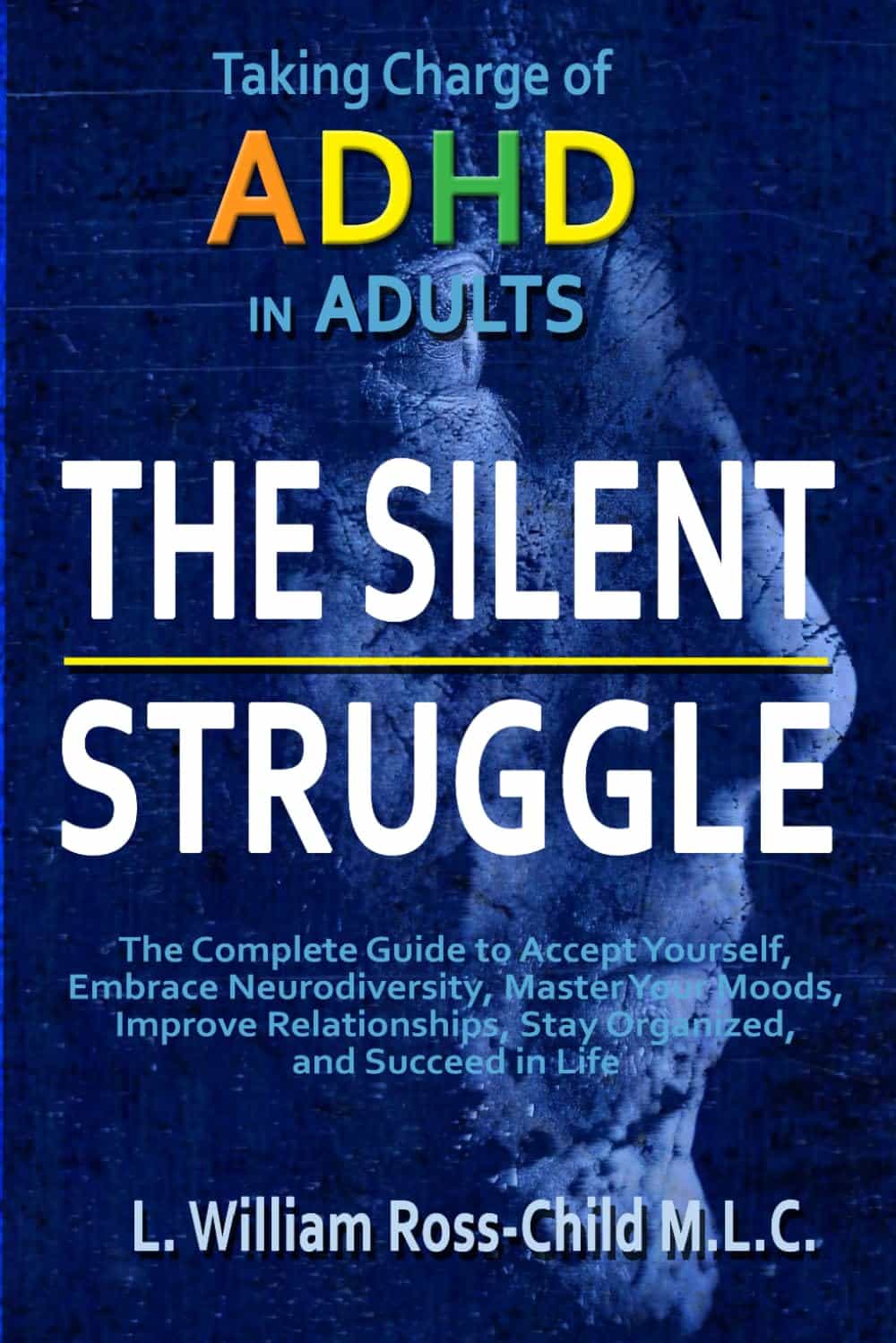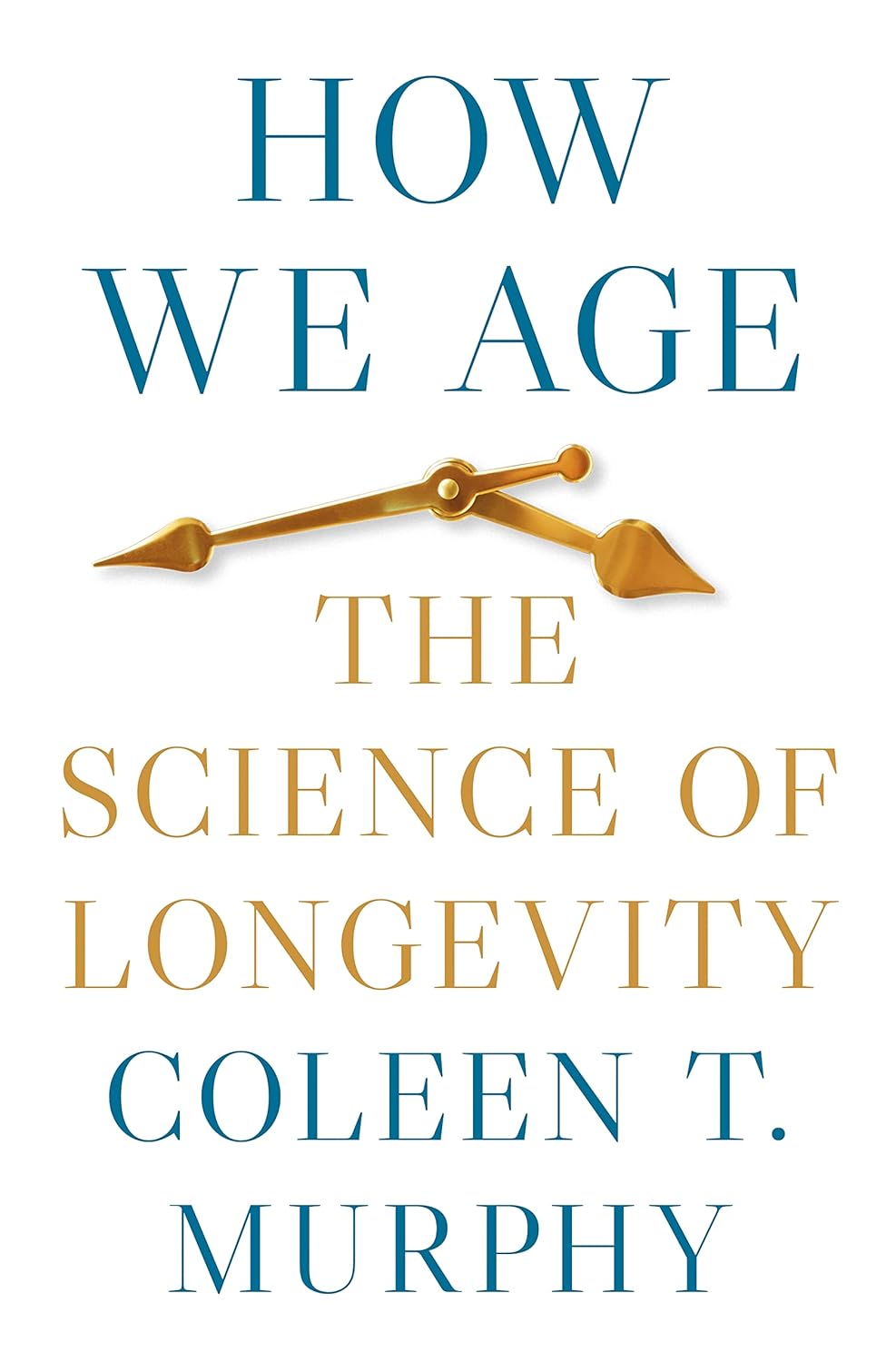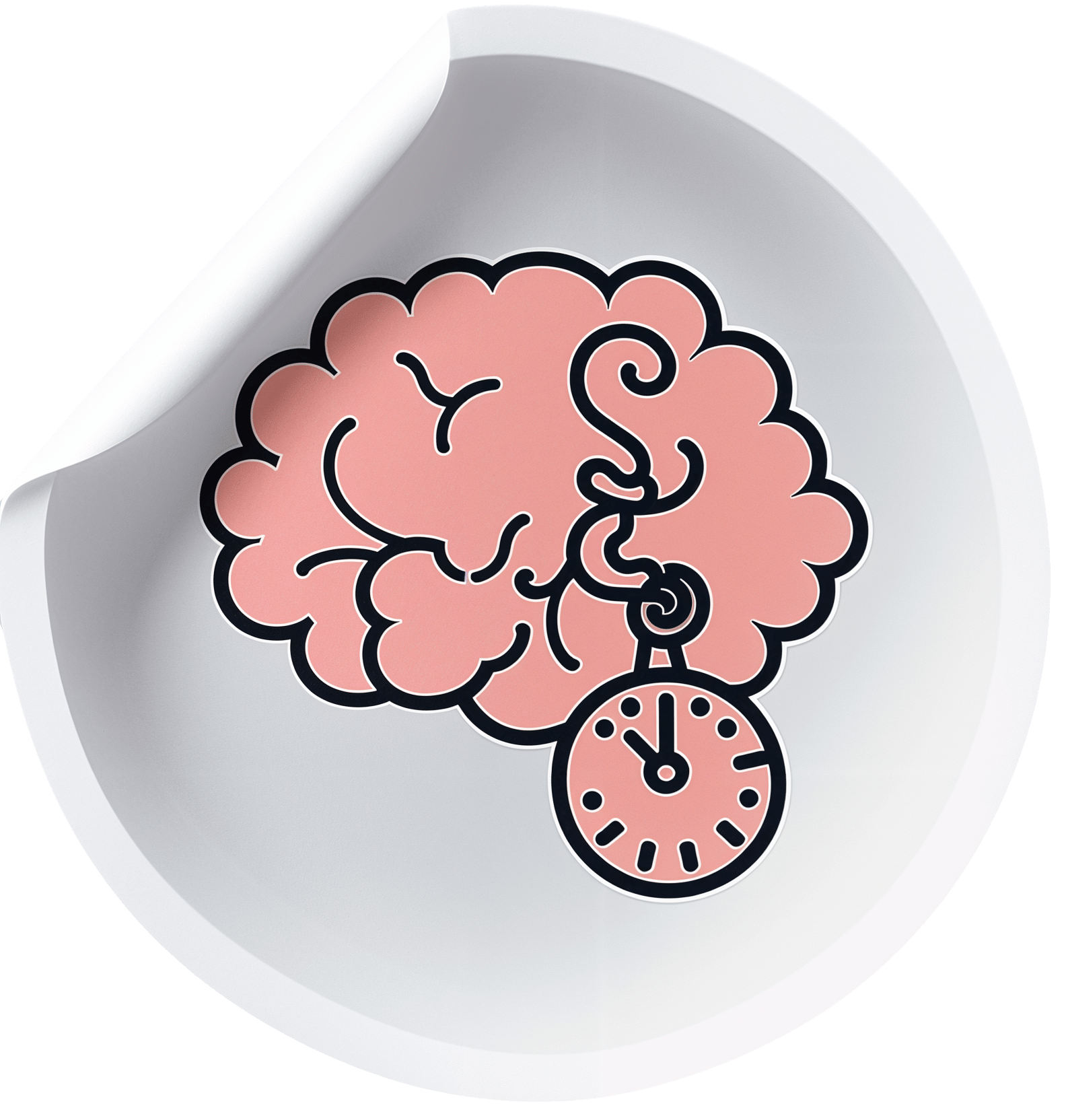
Aging Is Inevitable… Or is it?
10almonds is reader-supported. We may, at no cost to you, receive a portion of sales if you purchase a product through a link in this article.
Aging is inevitable… Or is it?
We’ve talked before about how and why aging happens. We’ve also talked about the work to tackle aging as basically an engineering problem, with the premise that our bodies are biological machines, and machines can be repaired. We also recommended a great book about this, by the way. But that’s about interfering with the biological process of aging. What about if the damage is already done?
“When the damage is done, it’s done”
We can do a lot to try to protect ourselves from aging, and we might be able to slow down the clock, but we can’t stop it, and we certainly can’t reverse it… right?
Wrong! Or at least, so we currently understand, in some respects. Supplementation with phosphatidylserine, for example, has shown promise for not just preventing, but treating, neurodegeneration (such as that caused by Alzheimer’s disease). It’s not a magic bullet and so far the science is at “probably” and “this shows great promise for…” and “this appears to…”
Phosphatidylserene does help slow neurodegeneration
…because of its role in allowing your cells to know whether they have permission to die.
This may seem a flippant way of putting it, but it’s basically how cell death works. Cells do need to die (if they don’t, that’s called cancer) and be replaced with new copies, and those copies need to be made before too much damage is accumulated (otherwise the damage is compounded with each new iteration). So an early cell death-and-replacement is generally better for your overall health than a later one.
However, neurons are tricky to replace, so phosphatidylserine effectively says “not you, hold on” to keep the rate of neuronal cell death nearer to the (slow) rate at which they can be replaced.
One more myth to bust…
For the longest time we thought that adults, especially older adults, couldn’t make new brain cells at all, that we grew a certain number, then had to hang onto them until we died… suffering diminished cognitive ability with age, on account of losing brain cells along the way.
It’s partly true: it’s definitely easier to kill brain cells than to grow them… Mind you, that’s technically true of people, too, yet the population continues to boom!
Anyway, new research showing that adults do, in fact, grow new braincells was briefly challenged by a 2018 study that declared: Human hippocampal neurogenesis drops sharply in children to undetectable levels in adults after all, never mind, go back to your business.
So was adult neurogenesis just a myth to be busted after all? Nope.
It turned out, the 2018 study had a methodological flaw!
To put it in lay terms: they had accidentally melted the evidence.
A 2019 study overcame this flaw by using a shorter fixation time for the cell samples they wanted to look at, and found that there were tens of thousands of “baby neurons” (again with the lay terms), newly-made brain cells, in samples from adults ranging from 43 to 87.
Now, there was still a difference: the samples from the youngest adult had 30% more newly-made braincells than the 87-year-old, but given that previous science thought brain cell generation stopped in childhood, the fact that an 87-year-old was generating new brain cells 30% less quickly than a 43-year-old is hardly much of a criticism!
As an aside: samples from patients with Alzheimer’s also had a 30% reduction in new braincell generation, compared to samples from patients of the same age without Alzheimer’s. But again… Even patients with Alzheimer’s were still growing some new brain cells.
Read it for yourself: Adult hippocampal neurogenesis is abundant in neurologically healthy subjects and drops sharply in patients with Alzheimer’s disease
In a nutshell…
- We can’t fully hit pause on aging just yet, but we can definitely genuinely slow it
- We can also, in some very specific ways, reverse it
- We can slow the loss of brain cells
- We can grow new brain cells
- We can reduce our risk of Alzheimer’s, and at least somewhat mitigate it if it appears
- We know that phosphatidylserine supplementation may help with most (if not all) of the above
- We don’t sell that (or anything else) but for your convenience, here it is on Amazon if you’re interested
Don’t Forget…
Did you arrive here from our newsletter? Don’t forget to return to the email to continue learning!
Recommended
Learn to Age Gracefully
Join the 98k+ American women taking control of their health & aging with our 100% free (and fun!) daily emails:
-
Energize! – by Dr. Michael Breus & Stacey Griffith
10almonds is reader-supported. We may, at no cost to you, receive a portion of sales if you purchase a product through a link in this article.
We previously reviewed another book book by Dr. Breus, The Power Of When. So what’s different in this one?
While the chronotypes featured in The Power Of When also feature here (and sufficient explanation is given to make this a fine stand-alone book), this book has a lot to do with metabolism also. By considering a person’s genetically predisposed metabolic rate to be fast, medium, or slow (per being an ectomorph, mesomorph, or endomorph), and then putting that next to one’s sleep chronotype, we get 12 sub-categories that in this book each get an optimized protocol of sleep, exercise (further divided into: what kind of exercise when), and eating/fasting.
Which, in effect, amounts to a personalized coaching program for optimized energy!
The guidance is based on a combination of actual science plus “if this then that” observation-based principles—of the kind that could be described as science if they had been studied clinically instead of informally. Dr. Breus is a sleep scientist, by the way, and his co-author Stacey Griffith is a fitness coach. So between the two of them, they have sleep and exercise covered, and the fasting content is very reasonable and entirely consistent with current consensus of good practice.
The style is very pop-psychology, and very readable, and has a much more upbeat feel than The Power Of When, which seems to be because of Griffith’s presence as a co-author (most of the book is written from a neutral perspective, and some parts have first-person sections by each of the authors, so the style becomes distinct accordingly).
Bottom line: if you’d like to be more energized but [personal reason why not here] then this book may not fix all your problems, but it’ll almost certainly make a big difference and help you to stop sabotaging things and work with your body rather than against it.
Share This Post
-
What are house dust mites and how do I know if I’m allergic to them?
10almonds is reader-supported. We may, at no cost to you, receive a portion of sales if you purchase a product through a link in this article.
People often believe they are allergic to house dust. But of the 20% of Australians suffereing with allergies, a number are are actually allergic to microscopic house dust mites.
House dust mites belong to the same family as spiders and ticks. They measure just 0.2-0.3 mm, with 50 fitting on a single pinhead. They live for 65–100 days, and females lay 60–100 eggs in their life.
Some 50 house dust mites can fit on one pinhead. Choksawatdikorn/Shutterstock House dust mites love temperate climates and humidity. They feed off the skin cells we and animals shed, as well as mould, which they digest using special enzymes. These enzymes are excreted in their poo about 20 times a day. They also shed fragments of their exoskeletons.
All these fragments trigger allergies in people with this type of allergic rhinitis (which is also known as hay fever)
shuttertock. PeopleImages.com – Yuri A/Shutterstock What are the symptoms?
When people with house dust mite allergy inhale the allergens, they penetrate the mucous membranes of the airways and eyes. Their body recognises the allergens as a threat, releasing chemicals including one called histamine.
This causes symptoms including a runny nose, an itchy nose, eyes and throat, sneezing, coughing and a feeling of mucus at the back of your throat (known as a post-nasal drip).
People with this type of allergy usually mouth breath, snore, rub their nose constantly (creating a nasal crease called the “dust mite salute”) and have dark shadows under their eyes.
House dust mite allergy can also cause poor sleep, constant tiredness, reduced concentration at work or school and lower quality of life.
For people with eczema, their damaged skin barrier can allow house dust mite proteins in. This prompts immune cells in the skin to release chemicals which make already flared skin become redder, sorer and itchier, especially in children.
Symptoms of house dust mite allergy occur year round, and are often worse after going to bed and when waking in the morning. But people with house dust mite allergy and pollen allergies find their year-round symptoms worsen in spring.
How is it diagnosed?
House dust mite allergy symptoms often build up over months, or even years before people seek help. But an accurate diagnosis means you can not only access the right treatment – it’s also vital for minimising exposure.
Your clinician can talk you through treatment options and how to minimise exposure. Monkey Business Images/Shutterstock Doctor and nurse practitioners can order a blood test to check for house dust mite allergy.
Alternatively, health care providers with specialised allergy training can perform skin prick tests. This involves placing drops of the allergens on the arm, along with a positive and negative “control”. After 15 minutes, those who test positive will have developed a mosquito bite-like mark.
How is it treated?
Medication options include one or a combination of:
- daily non-sedating antihistamines
- a steroid nasal spray
- allergy eye drops.
Your health care professional will work with you to develop a rhinitis (hay fever) medical management plan to reduce your symptoms. If you’re using a nasal spray, your health provider will show you how to use it, as people often use it incorrectly.
If you also have asthma or eczema which is worsened by dust mites, your health provider will adapt your asthma action plan or eczema care plan accordingly.
If you experience severe symptoms, a longer-term option is immunotherapy. This aims to gradually turn off your immune system’s ability to recognise house dust mites as a harmful allergen.
Immunotherapy involves taking either a daily sublingual tablet, under the tongue, or a series of injections. Injections require monthly attendances over three years, after the initial weekly build-up phase.
These are effective, but are costly (as well as time-consuming). So it’s important to weigh up the potential benefits and downsides with your health-care provider.
How can you minimise house dust mites?
There are also important allergy minimisation measures you can take to reduce allergens in your home.
Each week, wash your bedding and pyjamas in hot water (over 60°C). This removes house dust mite eggs and debris.
Opt for doonas, covers or quilts that can be washed in hot water above 60°C. Alternatively, low-cost waterproof or leak proof covers can keep house dust mites out.
If you can, favour blinds and wood floors over curtains and carpet. Dust blinds and surfaces with a damp cloth each week and vacuum while wearing a mask, or have someone else do it, as house dust mites can become airborne during cleaning.
But beware of costly products with big marketing budgets and little evidence to support their use. A new mattress, for example, will always be house dust mite-free. But once slept on, the house dust mite life cycle can start.
Mattress protectors and toppers commonly claim to be “hypoallergenic”, “anti-allergy” or “allergy free”. But their pore sizes are not small enough to keep house dust mites and their poo out, or shed skin going through.
Sprays claiming to kill mites require so much spray to penetrate the product that it’s likely to become wet, may smell like the spray and, unless dried properly, may grow mould.
Finally, claims that expensive vacuum cleaners can extract all the house dust mites are unsubstantiated.
For more information, visit healthdirect.gov.au or the Australian Society of Clinical Immunology and Allergy.
Deryn Lee Thompson, Eczema and Allergy Nurse; Lecturer, University of South Australia
This article is republished from The Conversation under a Creative Commons license. Read the original article.
Share This Post
-
The Exercise That Protects Your Brain
10almonds is reader-supported. We may, at no cost to you, receive a portion of sales if you purchase a product through a link in this article.
The Neuroscientist In The Gym
This is Dr. Wendy Suzuki. She’s a neuroscientist, and an expert in the neurobiology of memory, as well as neuroplasticity, and the role of exercise in neuroprotection.
We’ve sneakily semi-featured her before when we shared her Big Think talk:
Brain Benefits In Three Months… Through Walking?
Today we’re going to expand on that a little!
A Quick Recap
To share the absolute key points of that already fairly streamlined rundown:
- Exercise boosts levels of neurotransmitters such as dopamine and serotonin (and, which wasn’t mentioned there, noradrenaline)
- These are responsible for motivation, happiness, and focus (amongst other things)
- Persistent exercise boosts certain regions of the brain in particular, most notably the pre-frontal cortex and the hippocampi*
- These are responsible for planning and memory (amongst other things)
Dr. Suzuki advocates for stepping up your exercise routine if you can, with more exercise generally being better than less (unless you have some special medical reason why that’s not the case for you).
*often referred to in the singular as the hippocampus, but you have one on each side of your brain (unless a serious accident/incident destroyed one, but you’ll know if that applies to you, unless you lost both, in which case you will not remember about it).
What kind(s) of workout?
While a varied workout is best for overall health, for these brain benefits specifically, what’s most important is that it raises your heart rate.
This is why in her Big Think talk we shared before, she talks about the benefits of taking a brisk walk daily. See also:
If that’s not your thing, though (and/or is for whatever reason an inaccessible form of exercise for you), there is almost certainly some kind of High Intensity Interval Training that is a possibility for you. That might sound intimidating, but if you have a bit of floor and can exercise for one minute at a time, then HIIT is an option for you:
How To Do HIIT (Without Wrecking Your Body)
Dr. Suzuki herself is an ardent fan of “intenSati” which blends cardio workouts with yoga for holistic mind-and-body fitness. In fact, she loves it so much that she became a certified exercise instructor:
How much is enough?
It’s natural to want to know the minimum we can do to get results, but Dr. Suzuki would like us to bear in mind that when it comes to our time spent exercising, it’s not so much an expense of time as an investment in time:
❝Exercise is something that when you spend time on it, it will buy you time when you start to work❞
Read more: A Neuroscientist Experimented on Her Students and Found a Powerful Way to Improve Brain Function
Ok, but we really want to know how much!
Dr. Suzuki recommends at least three to four 30-minute exercise sessions per week.
Note: this adds up to less than the recommended 150 minutes of moderate exercise per week, but high-intensity exercise counts for twice the minutes for these purposes, e.g. 1 minute of high-intensity exercise is worth 2 minutes of moderate exercise.
How soon will we see benefits?
Benefits start immediately, but stack up cumulatively with continued long-term exercise:
❝My lab showed that a single workout can improve your ability to shift and focus attention, and that focus improvement will last for at least two hours. ❞
…which is a great start, but what’s more exciting is…
❝The more you’re working out, the bigger and stronger your hippocampus and prefrontal cortex gets. Why is that important?
Because the prefrontal cortex and the hippocampus are the two areas that are most susceptible to neurodegenerative diseases and normal cognitive decline in aging. ❞
In other words, while improving your heart rate through regular exercise will help prevent neurodegeneration by the usual mechanism of reducing neuroinflammation… It’ll also build the parts of your brain most susceptible to decline, meaning that when/if decline sets in, it’ll take a lot longer to get to a critical level of degradation, because it had more to start with.
Read more:
Inspir Modern Senior Living | Dr. Wendy Suzuki Boosts Brain Health with Exercise
Want more from Dr. Suzuki?
You might enjoy her TED talk:
Click Here If The Embedded Video Doesn’t Load Automatically
Prefer text? TED.com has a transcript for you
Prefer lots of text? You might like her book, which we haven’t reviewed yet but will soon:
Enjoy!
Share This Post
- Exercise boosts levels of neurotransmitters such as dopamine and serotonin (and, which wasn’t mentioned there, noradrenaline)
Related Posts
-
The Silent Struggle – by L. William Ross-Child, MLC
10almonds is reader-supported. We may, at no cost to you, receive a portion of sales if you purchase a product through a link in this article.
The vast majority of literature out there about ADHD is about children. And fair enough, there are enough popular misunderstandings of ADHD in children so it’s good those works exist… but what about adults?
Adults face different challenges than children, and have different responsibilities. People have different expectations. And even if you say you have ADHD… If you’re not behaving like a squirrel, they will often not accept this, much less understand it, because half the actual symptoms are not what most people think they are.
Ross-Child first lays out the neurobiological underpinnings of ADHD. This is a good place to start, because the physiology of it explains a lot of the other parts of it that can otherwise seem quite mystifying.
Thereafter, he looks one-by-one at the various cognitive and behavioral aspects of ADHD in adults, which will surely help the reader to better understand themself (or perhaps a loved one).
The next part of the book is given over to an exploration of ADHD and the differences it can make in the workplace, relationships (incl. ADHD and sex), as well as parenting, and how these things can all be navigated better by all concerned.
The style throughout is light and very readable, peppered with science made comprehensible. If there’s any flaw, it’s that there are only two pages of references in the bibliography—we’d have liked to have seen more.
All in all though, a really useful guide if you or a loved one has ADHD and you’d like strategies for working with (or around) this condition in a world not made to be kind to such.
Order your copy of “The Silent Struggle: Taking Charge of ADHD in Adults” from Amazon today!
Don’t Forget…
Did you arrive here from our newsletter? Don’t forget to return to the email to continue learning!
Learn to Age Gracefully
Join the 98k+ American women taking control of their health & aging with our 100% free (and fun!) daily emails:
-
Nasal Hair; How Far To Go?
10almonds is reader-supported. We may, at no cost to you, receive a portion of sales if you purchase a product through a link in this article.
t’s Q&A Day at 10almonds!
Have a question or a request? You can always hit “reply” to any of our emails, or use the feedback widget at the bottom!
In cases where we’ve already covered something, we might link to what we wrote before, but will always be happy to revisit any of our topics again in the future too—there’s always more to say!
As ever: if the question/request can be answered briefly, we’ll do it here in our Q&A Thursday edition. If not, we’ll make a main feature of it shortly afterwards!
So, no question/request too big or small
❝As a man in his sixties I find I need to trim my nasal hair quite frequently, otherwise it sticks out in an unsightly manner. But I’m never sure how severely I should cut the hairs back, or even how best to do it. Please advise.❞
As you might know, those hairs are really important for our health, so let’s start by mentioning that yes, trimming is the way, not plucking!
In an ideal world, we’d not trim them further back than the entrance to our nostrils, but given the constant nature of hair-growing, that could become a Sisyphean task.
A good compromise, if you’re not up for trimming when you get up and having visible hairs by evening, is to put the scissors away (if you haven’t already) and use a nasal hair trimmer; these are good at a) trimming nasal hairs b) abstaining from trimming them too far back.
By all means shop around, but here’s an example product on Amazon, for your convenience!
- Note 1: despite the product description, please do not stick this in your ear (or any other orifice that’s not your nose, for the love of all that is holey)
- Note 2: we chose that one for a reason; the shape of the head prevents overtrimming.
- In contrast, we do not recommend this cheaper one that has a different shape head for a closer trim, which in this case, is not what we want.
Enjoy!
Don’t Forget…
Did you arrive here from our newsletter? Don’t forget to return to the email to continue learning!
Learn to Age Gracefully
Join the 98k+ American women taking control of their health & aging with our 100% free (and fun!) daily emails:
-
How We Age: The Science of Longevity – by Dr. Coleen Murphy
10almonds is reader-supported. We may, at no cost to you, receive a portion of sales if you purchase a product through a link in this article.
The author is not a glossy “name brand” and has nothing to sell (besides her book). This shows, because it’s clearly not a book that was rushed out as a marketing ploy. Indeed, she begins with the words:
❝This book took me several years to write and is largely based on information I gathered while teaching my class, “Molecular Mechanisms of Longevity: The Genetics, Genomics, and Cell Biology of Aging,” at Princeton University.❞
~ Dr. Coleen Murphy
Thus, as you may imagine, it’s a thorough book, thoughtful, with conscientious attention to detail. As a reader, you are essentially getting the knowledge of a Princeton genomics class.
She covers what’s going on in our genes, in our cells, and in our bodies, when we age; why some animals don’t, and what things affect that. She talks biomarkers of aging and the industry gold standard “Health-Related Quality of Life” metrics. We learn about insulin signalling and FOXO targets; the role of caloric restriction or intermittent fasting, topics such as molecular homeostasis in the regulation of longevity (hello senolytics and chaperone-mediated autophagy), the microbiome and epigenetics, as well as mitochondrial management, cell replacement (including induced pluripotent stem cells), and even DNA repair. And yes, a lot about cognitive aging and how to slow it too.
The style is academic and/but perfectly readable; she explains everything as we go. We’ll note, though, that it’s not dry academic—her personality comes through throughout, in a good way that makes it a pleasant read as well as an informative one.
Bottom line: if you’d like a much deeper understanding of the mechanics of aging than we have room to get into in our articles at 10almonds, this book is a highly recommendable perfect opportunity.
Click here to check out How We Age, and learn about the science of longevity!
PS: we’ve reviewed a few books about the science of aging/longevity recently, and they’ve each been good, but if you’re going to get only one, we recommend this one, as in this reviewer’s opinion, it’s the best 😎
Don’t Forget…
Did you arrive here from our newsletter? Don’t forget to return to the email to continue learning!
Learn to Age Gracefully
Join the 98k+ American women taking control of their health & aging with our 100% free (and fun!) daily emails:


